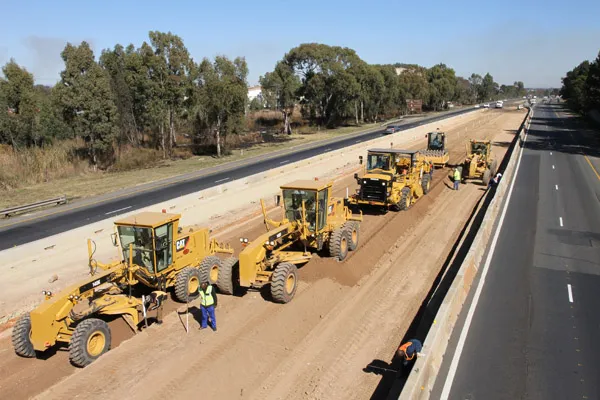The second phase of Vietnam’s rural bridge building programme will construct around 4,000 bridges, many of them road bridges, and will start next month
Nguyen Van Huyen, director of the Directorate for Roads, said many of the bridges will be suspension type and improve communication for around 5,200 communes in 50 provinces.
A report by the English-language news agency VietNamNet quoted Nhuyen saying that priority will be given to 63 impoverished districts, many of them home to ethnic minorities.
July 14, 2016
Read time: 2 mins
The second phase of Vietnam’s rural bridge building programme will construct around 4,000 bridges, many of them road bridges, and will start next month
Nguyen Van Huyen, director of the Directorate for Roads, said many of the bridges will be suspension type and improve communication for around 5,200 communes in 50 provinces.
A report by the English-language news agency VietNamNet quoted Nhuyen saying that priority will be given to 63 impoverished districts, many of them home to ethnic minorities.
In the first phase, 2014-15, the programme built 186 suspension bridges in 28 mountainous provinces in northern, central and Central Highlands areas.
The second phase will run for five years and funding will come from the Nhip cau yeu thuong - Spans of Love - humanitarian programme, launched by the ministry of transport in April 2014.
In the Spans of Love programme, individuals and businesses are being urged to help achieve the government’s target of thousands of new bridges in poor and mountainous regions to accelerate economic development and improve the living conditions of impoverished communities.
The World Bank is also planning to lend US$385 million towards the programme, he said.
Nguyen Van Huyen, director of the Directorate for Roads, said many of the bridges will be suspension type and improve communication for around 5,200 communes in 50 provinces.
A report by the English-language news agency VietNamNet quoted Nhuyen saying that priority will be given to 63 impoverished districts, many of them home to ethnic minorities.
In the first phase, 2014-15, the programme built 186 suspension bridges in 28 mountainous provinces in northern, central and Central Highlands areas.
The second phase will run for five years and funding will come from the Nhip cau yeu thuong - Spans of Love - humanitarian programme, launched by the ministry of transport in April 2014.
In the Spans of Love programme, individuals and businesses are being urged to help achieve the government’s target of thousands of new bridges in poor and mountainous regions to accelerate economic development and improve the living conditions of impoverished communities.
The World Bank is also planning to lend US$385 million towards the programme, he said.








